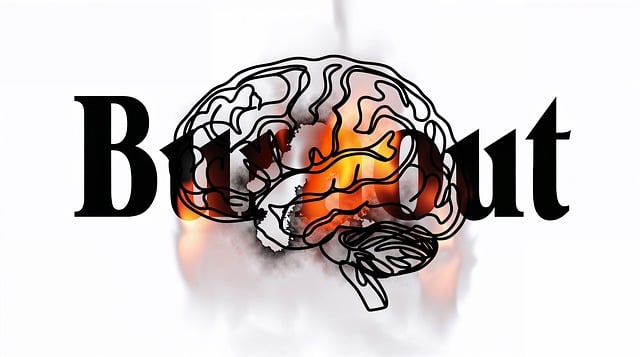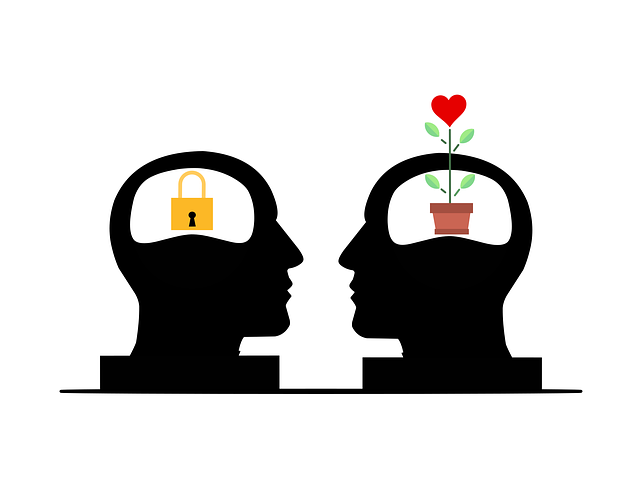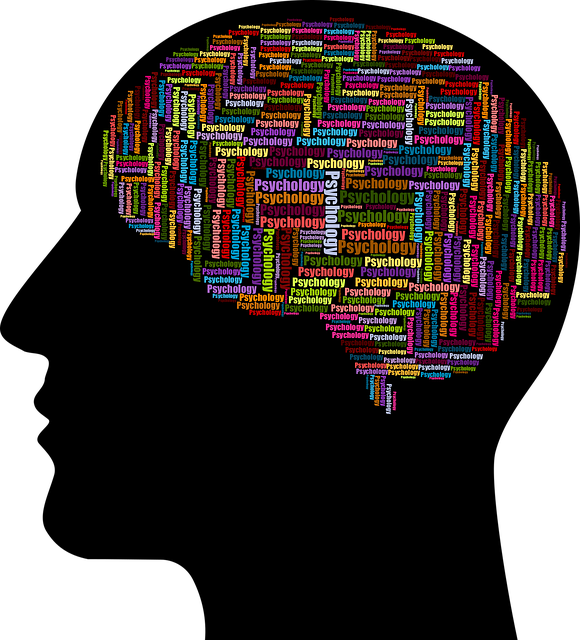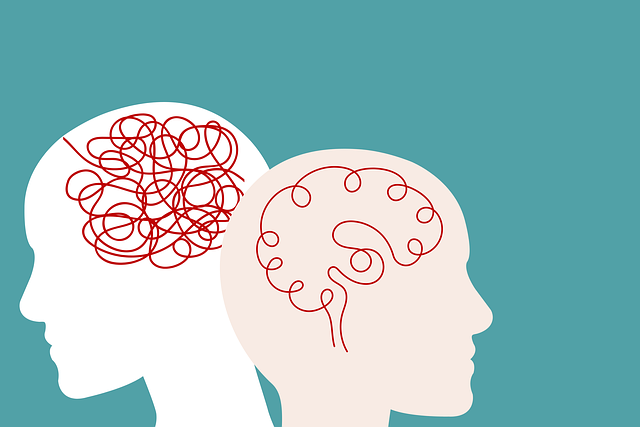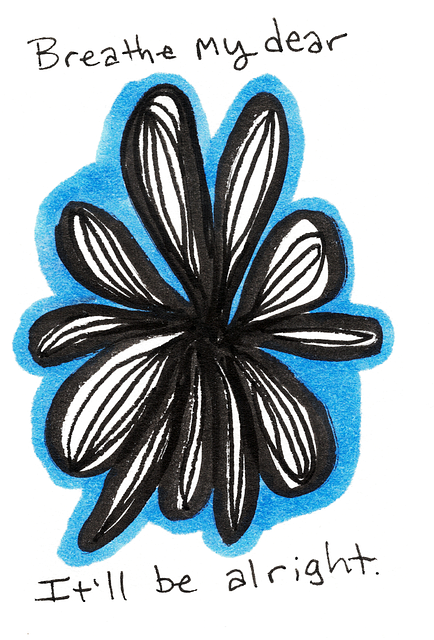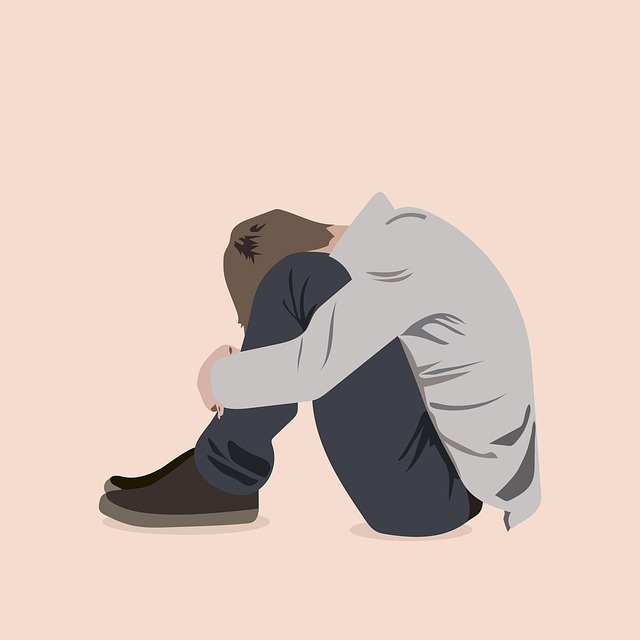Children with Autism Spectrum Disorder (ASD) face challenges in social interaction, communication, and emotional regulation. Reinforcement, Feedback, and Motivation (RFM) therapy targets these areas, teaching mindfulness meditation, storytelling, role-playing, and other engaging exercises to build resilience. Structured activities like deep breathing, sensory play, and journaling under Mental Wellness Coaching Programs improve mental health and reduce anxiety. Regular progress monitoring through assessments allows for tailored adjustments in treatment approaches, enhancing communication, social skills, emotional regulation, and overall quality of life for young ASD individuals.
“Unleashing resilience in young children with Autism Spectrum Disorder (ASD) is a transformative journey, and RFM (Resourceful Functioning Model) offers a powerful framework. This article explores the strategic implementation of RFM-based resilience building exercises tailored for young minds. We delve into designing engaging activities, practical clinical strategies, and tracking progress to enhance therapy outcomes. By understanding the impact of RFM on children with ASD, professionals can empower them to navigate challenges and foster personal growth.”
- Understanding RFM and Its Impact on Children with ASD
- Designing Resilience-Building Exercises for Young Minds
- Practical Implementation Strategies in Clinical Settings
- Tracking Progress and Adjusting the Therapy Approach
Understanding RFM and Its Impact on Children with ASD

Children with Autism Spectrum Disorder (ASD) often face unique challenges when it comes to social interaction, communication, and emotional regulation. This is where RFM—a therapeutic approach gaining traction in the field of mental health policy analysis and advocacy—plays a pivotal role. By focusing on Reinforcement, Feedback, and Motivation, RFM aims to enhance these core areas of functioning for young children with ASD.
The impact of RFM therapy can be profound, enabling improved communication strategies and better emotional regulation skills. This approach not only helps in building resilience but also fosters a sense of accomplishment and confidence among these children. By tailoring interventions to their specific needs, professionals can create a supportive environment that encourages growth and development, ultimately enhancing the quality of life for young individuals navigating the complexities of ASD.
Designing Resilience-Building Exercises for Young Minds

Designing Resilience-Building Exercises for Young Minds begins with an understanding that therapy for young children with Autism Spectrum Disorder (ASD) should be engaging and age-appropriate. These exercises aim to cultivate mental health awareness, empower kids, and equip them with lifelong coping strategies. Incorporating activities that promote mindfulness meditation can significantly enhance their ability to manage stress, a crucial aspect of overall well-being.
Resilience training for ASD children often involves creative, interactive approaches like storytelling, role-playing, and play therapy. These methods not only make the process enjoyable but also help them internalize concepts such as emotional regulation and problem-solving skills. By integrating these exercises into their daily routines, parents and caregivers can foster a sense of calm, enhance focus, and build resilience in young minds, thereby contributing to improved mental health awareness and better quality of life.
Practical Implementation Strategies in Clinical Settings

Implementing Resilience-Building Exercises (RFE) in clinical settings offers a promising approach to enhancing therapy for young children with Autism Spectrum Disorder (ASD). One effective strategy is incorporating structured activities that promote self-care routine development for better mental health. By teaching children mindfulness techniques, such as deep breathing exercises or sensory activities, therapists can empower them to manage their emotions and reduce anxiety symptoms.
Additionally, integrating Mental Wellness Coaching Programs Development tailored to the needs of ASD individuals can significantly benefit their overall well-being. These programs can be designed to encourage journaling exercises, where children reflect on their feelings, experiences, and progress. Such practices not only foster self-awareness but also provide a safe outlet for expression. Mentoring through these processes allows therapists to offer valuable guidance while promoting independent mental wellness coaching skills in young ASD patients.
Tracking Progress and Adjusting the Therapy Approach

Monitoring a child’s progress through therapy for young children with Autism Spectrum Disorder (ASD) is a vital step in tailoring treatment to their unique needs. Parents and therapists can track improvements or challenges by regularly assessing key behaviors and skills, such as communication, social interaction, and emotional regulation. This data allows for informed adjustments to the therapy approach, ensuring that each session builds upon the child’s strengths and addresses specific areas of need.
For instance, self-awareness exercises and compassion cultivation practices can be incorporated to enhance emotional intelligence and resilience. If a child shows interest in storytelling or art, these activities can be used as platforms for practicing empathy and understanding different perspectives. Additionally, introducing stress reduction methods, like mindfulness techniques, may help children manage anxiety and better cope with sensory sensitivities, fostering a more positive therapy experience.
Implementing RFM (Resilience, Flexibility, and Mastery) exercises as part of therapy for young children with Autism Spectrum Disorder (ASD) offers a promising approach to building resilience. By designing engaging activities tailored to their cognitive levels, clinical settings can effectively support these children in developing coping strategies. Continuous tracking of progress and adjustments to the therapy approach ensure that each child receives personalized care, fostering their ability to navigate challenges and thrive. This holistic strategy has the potential to significantly enhance the lives of young individuals on the autism spectrum.



